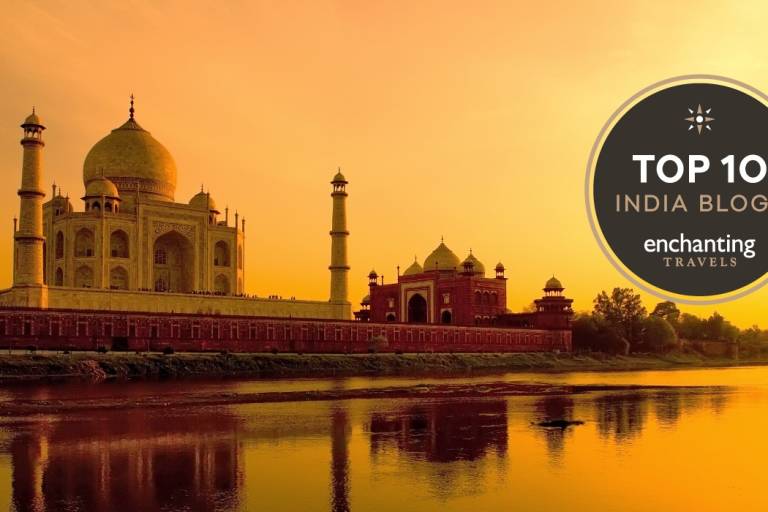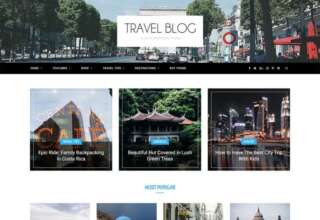
The Renaissance traveler is a savvy and intrepid being, with a drive to discover new things and gain knowledge. Curious and creative, willing to take risks, endowed with determination and the ability to thrive in a variety of cultural and geographical landscapes, today’s polymath is proficient in a wide range of areas, including travel. Chanel your inner Leonardo da Vinci, who embodied the always-learning ideals of the Renaissance, and consider the following notions for adventures that are vibrant, challenging, and thought provoking.

Filling cow horns with manure to make biodynamic horn manure 500 for use on the vineyards
GETTY
Try Something New: Drink Biodynamic Wines
Most wine connoisseurs and professionals are knowledgeable about the basic trends in pesticide and chemical-free biodynamic wines, yet there seems to be much to learn. Great care is given to the land prior to the growing season, using farm animals to ensure the health and fertility of the soil and plants. Following a lunar calendar, a manure compost is stuffed inside cow horns and then buried for a period of time. Once extracted, the material is spread throughout the vineyard to nurture a self-sustaining ecosystem. While some biodynamic wine growers don’t elect to get certified, the ones that do seek out a verifying association for chemical-free cultivation like Demeter, Respekt Biodyn and Biodyvin.
Consider building a trip around a visit to a biodynamic vineyard or winery to learn more about this emergent wine making movement because, in a world of climate change and increased concern for the condition of our environment, this is a welcome practice.
While staying at Italy’s Renaissance Tuscany Il Ciocco Resort & Spa, for example, you’ll have the opportunity to trek alongside a leather jacket-wearing vintner at nearby Podere Còncori, in the province of Lucca. The wine maker will introduce you to his fertilizer-producing donkey and then point out rose bushes planted at the end of each vine row, which are indicators for soil health. It’s here, in Tuscany’s Garfagnana hills, that you’ll taste memorable wines, served with a hearty Italian meal.

The inner yard of the Inca Museum, in the House of the Admiral (Casa del Almirante), in Cusco, Peru.
GETTY
Frequent Smaller Museums
Of course you should visit well-known and celebrated museums, like The Louvre in Paris, Van Gogh Museum in Amsterdam, British Museum in London, Metropolitan Museum of Art in New York City, Reina Sofia in Madrid, and the National Art Center in Tokyo, to be exposed to notable art, history, and science, but you might also be surprised at something you see or experience in a less crowded under-the-radar museum.
Whether it’s the Cup Noodles Museum in Osaka, Japan or the International Spy Museum in Washington D.C. or Freud Museum in London or The Menil Collection in Houston, Texas or Museo Inca in Cusco, Peru or Tenement Museum in New York City or Museum Puri Lukisan in Bali, Indonesia, experiencing obscure or hyperlocal museums is a great way to spice up your travel itinerary and inspirer deeper thought and conversation.

Two Vietnamese women turning around bouquets of incense sticks to let them dry in the sun
GETTY
Travel to Boost Brain Power and Creativity
Researching a new destination, learning about dynamic cultures, tasting different foods, practicing another language, and even figuring out the logistics of public transportation and getting from point A to point B is beneficial to your mind. You’ll grow and become more thoughtful, attentive, and creative when you travel. Adaptability is paramount. Regardless of age or gender, or if you’re traveling with a group or solo, it’s important to challenge yourself cognitively, emotionally, and physically. Practicing humility, cracking your heart wide open, being vulnerable—this is how you learn what you’re made of.
Flights are often delayed or rerouted, you may get lost or turned around, food or water might make you ill, and luggage may be misplaced. Travel will test you, embolden you to rise to the occasion, help you to think on your feet, and create new neural pathways in your brain as you utilize all five of your senses.
Maybe this is the year to learn how to surf or cook international cuisine or Salsa dance. Travelers who operate with a high level of inquisitiveness, always endeavoring to absorb something new, are modern-day renaissance humans.
[“source=forbes”]

















